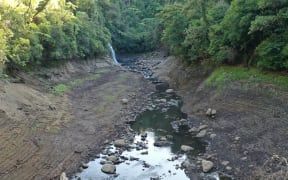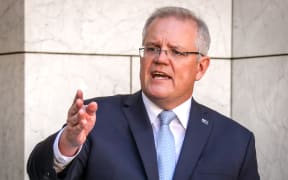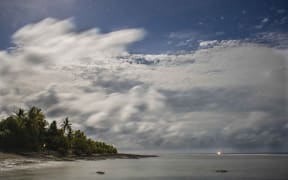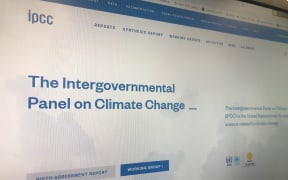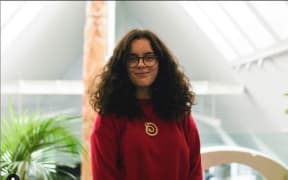While personal choices matter, the government is being told all the real power to fight climate change is in its hands.
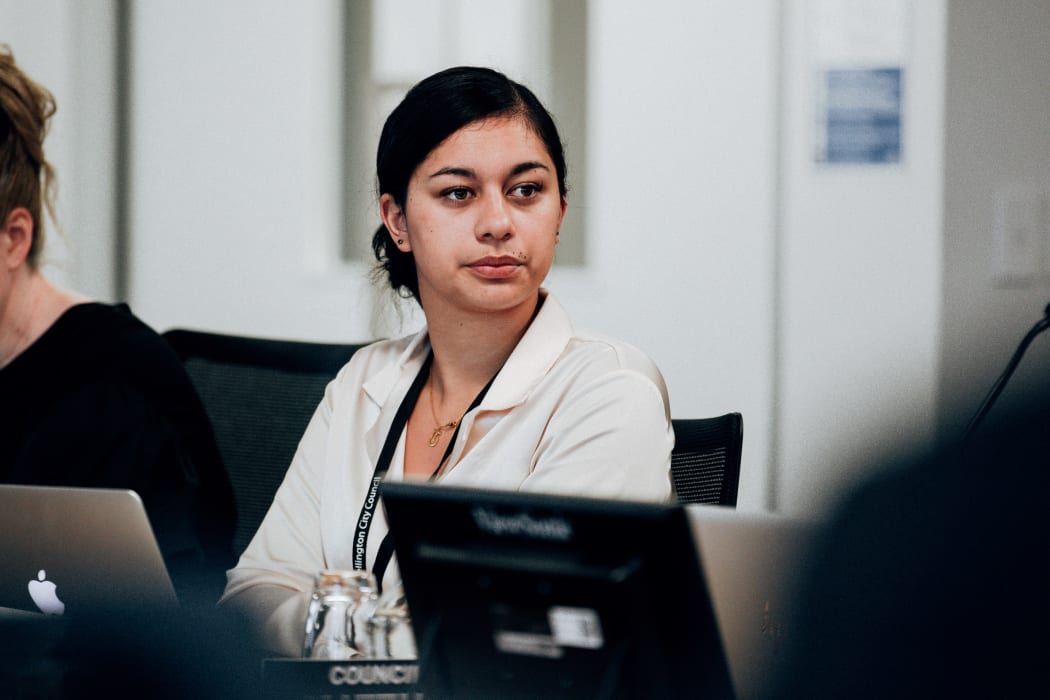
Wellington City councillor and an environment committee deputy chairperson Tamatha Paul says governments hav failed to invest in green transport and make real change. Photo: RNZ / Samuel Rillstone
A young Wellington climate leader and city councillor says individuals' energy should be directed at making sure those in power are doing everything they can to hold back climate catastrophe.
The new comprehensive UN climate report makes for terrifying reading.
Without a doubt, humans are causing the global warming.
And without massive reductions in emissions quickly, within little more than a decade, the planet could warm to a level that could see frequent and catastrophic fires, droughts, floods and cyclones.
A 2017 study shows just 100 companies are responsible for 71 percent of global emissions.
Wellington City councillor and an environment committee deputy chairperson Tamatha Paul said governments had failed to invest in green transport and alternative energy needed to make real change.
"People need to get outraged about the irresponsible decision-making and the lack of urgency with which this government is treating these catastrophic issues.
"Not feel like 'oh my God, if I don't catch the bus and go vegan tomorrow the world's gonna end'.
"No, this government has not done enough to enable you to make the changes and live the lifestyle that we need to live."
Paul said the survival of humanity was at stake.
She said peoples' energy was best spent by making real noise - taking to the streets and demanding the government takes action.
"It's about actual political organising and activating in order to put way more pressure on decision-makers and powers everywhere to actually take this issue seriously."
A tenth of the country's total greenhouse gas emissions come from private transport, rising 14 percent since 2014 growing faster than dairy and manufacturing sector emissions.
Greater Wellington Regional Council climate committee chairperson Thomas Nash said there was little point in encouraging people to make personal changes when the current system prevented them from making green choices easily.
He said to meet the country's climate obligations billions needed to be invested in linking housing and transport infrastructure.
"We need more housing close to public transport routes and stations and close to where people can do their work.
"If we do that, then people will ... need to travel less because maybe they can walk to work or they can wheel to work or take a bike or bus or whatever."
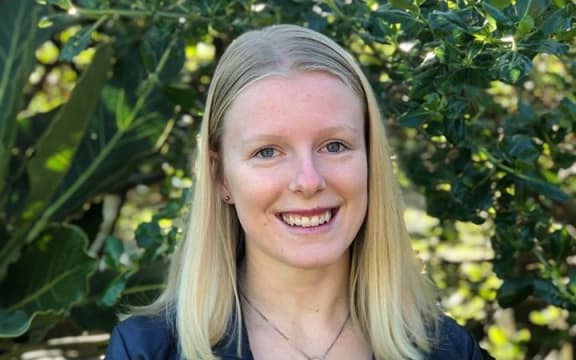
Sophie Handford. Photo: Supplied
Sophie Handford, 20, holds the climate change portfolio at Kāpiti Coast District Council.
She said climate fear paralysed people, and she had this advice for the people who often ask her what they can do.
"It's actually just slowing down, being conscious, taking each decision and as it comes.
"So whether you're leaving the house and you're deciding how to get to work every one morning or whether you're deciding what to eat on any given day - all of those kinds of things."
Handford said if people could stay engaged and demand politicians and businesses make a change, then collectively it would make a huge impact.

